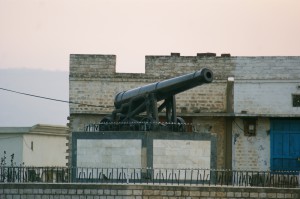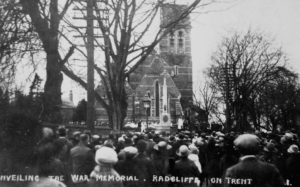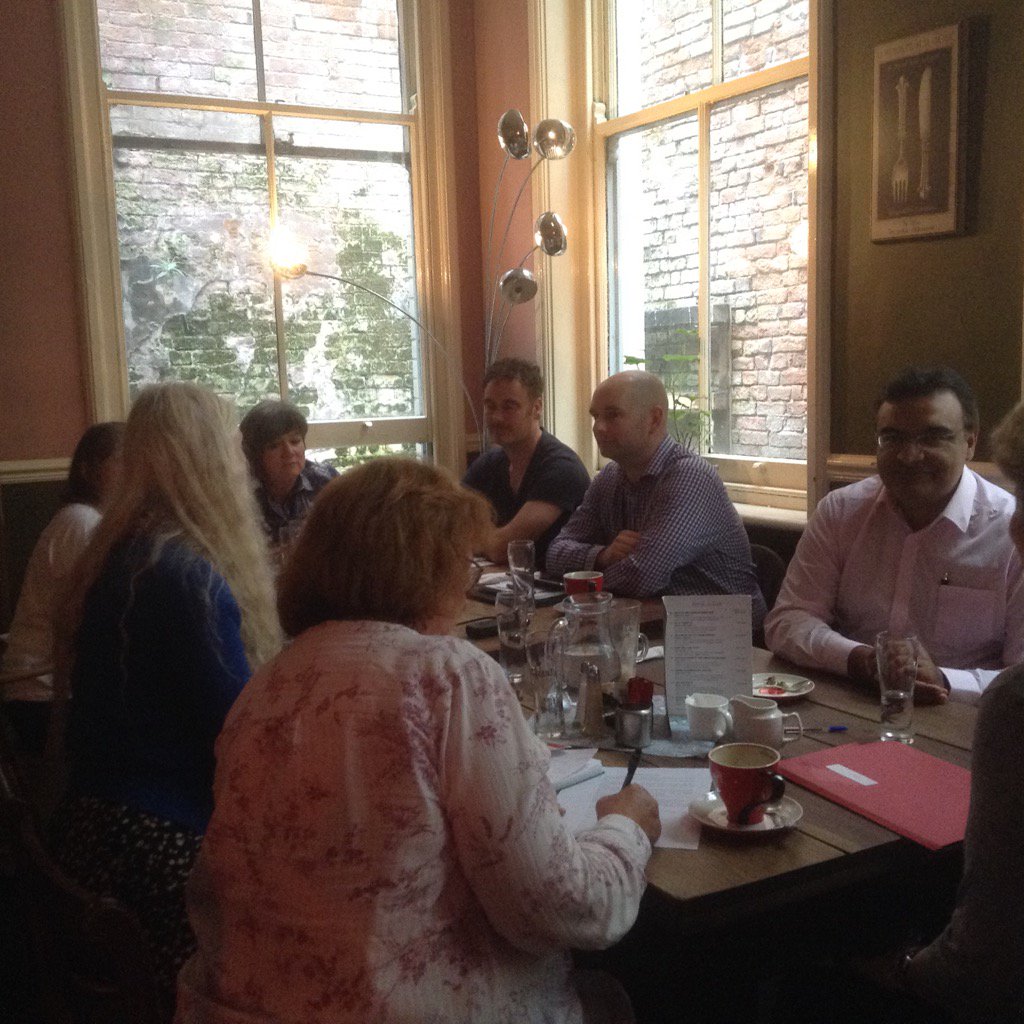On the afternoon of 25th August 2016, Mike Noble (Community Liaison Officer) and I met with community partners of the Centre for Hidden Histories at Edin’s Cafe, Broad Street, Nottingham. This session was convened to discuss the various ways in which being a part of projects associated with the AHRC’s First World War Engagement Centres had impacted on participants individual lives, organisations and communities. In our discussion we were joined by Professor Paul Elliott (The University of Derby), community artists, Jenny Anthony and Maureen Elliott from Spiral Arts and participant in Spiral Arts projects, Hazel Thompson. Dr Irfan Malik (Friends of Dulmial Society), Gertie Whitfield (Whitworks Adventures in Theatre) and Pauline Woodhouse and Marion Caunt from the Radcliffe on Trent and the First World War project were also present.
The changes to people’s lives and communities were diverse and varied from project to project. Jenny Anthony and Maureen Elliott commented on how their project with Professor Paul Elliott from the the University of Derby had introduced them to research skills in local archives which complimented their professional practice as community artists. The profile of Spiral Arts as an organisation had also been enhanced by press and radio interviews associated with the Derby Green Spaces project. There have also been visits by local government representatives, such as the Mayor to the current exhibition of the tapestry banner created by project participants. It was highlighted that the process of creating the banner was important in itself, with participant Hazel Thompson commenting on the creative and therapeutic qualities associated with sewing and the opportunities for meeting new people. Indeed, as Hazel summarised, for many participants, “…the process can be the product, it can be the outcome.”

Irfan Malik, whose research on the Falkirk gun awarded to his ancestral village of Dulmial, Pakistan in 1925, was also very positive about his Centre for Hidden Histories project. The gun was awarded to Dulmial village because 460 soldiers from this community had served in World War One, a record for any South Asian village. For Irfan, the support of Mike Noble in establishing his project was crucial and researching Dulmial village, in Irfan’s words, ” …changed my life significantly.” Irfan now regularly travels around the country giving talks and presentations. Some of his audience members have included representatives of the House of Commons and the House of Lords. His project has contributed to inter-faith activities with his faith community, diversity awareness in the UK armed forces and he is currently collaborating with fellow activists to create a Great War Muslim Memorial in Great Britain. Follow a link to read about this initiative in the Independent. Irfan even thinks that there is a strong possibility that social media awareness of his project among the Pakistani diaspora may have led in an increase in tourism to see the Falkirk gun in Dulmial!
Demonstrating the networking opportunities established by the Centre for Hidden Histories, Irfan is also looking to draw his project into transnational comparative perspective with the community led research project on war-time village life led by Radcliffe on Trent and the First World War.

Emerging from a U3A group which created an exhibition about Radcliffe on Trent and the First World War in 2014, the group has since created a website with a history of the Radcliffe on Trent war memorial and individual biographies of the soldiers who served. The group are currently expanding their focus to understand the role played by Radcliffe women in the conflict. Group member and Archivist at the Radcliffe on Trent Local History Society, Marion Caunt noted how the World War One project had benefited the Local History Society, enhanced her public speaking skills and brought her, “…closer to her father’s memory.” Pauline Woodhouse also noted that the project had expanded her historical knowledge and taught her new research skills. The Radcliffe on Trent and the First World War project has received an award from the Parish Council in recognition of its achievements in promoting community history.
Finally, Gertie Whitfield, whose performance project with Grassmoor School has featured on this blog, thanked the Centre for Hidden Histories for promoting new ventures and supporting the creative economy:
“Whitworks Adventures in Theatre is…slightly less than two years old, its obviously really important to us because we’re only just starting out. [The Centre for Hidden Histories] helped enormously with that.”
